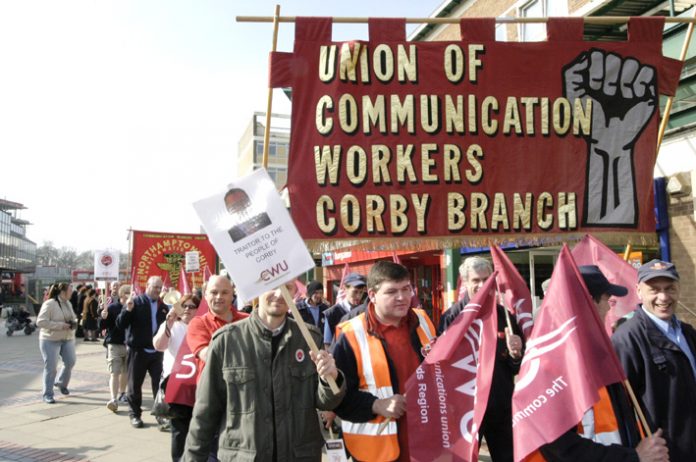food and drink inflation rose by a hefty 11.5 per cent on an annual basis last month, the Consumer Prices Index figures revealed yesterday, as the CPI index showed an increase of 3.2 per cent in February.
The Retail Prices Index however fell to zero following the collapse of house prices.
The RPI is used to determine public sector pay and the state pension, welfare benefits, and index-linked government bonds.
These are set once a year, based on September’s RPI figure. After it hit zero for the first time in 49 years, there were calls for pay and pensions for millions of people to be frozen or cut.
The price of food and non-alcoholic drinks increased, as the cost of fresh vegetables rose and import prices were further hit by the decline of the pound against the euro.
Transport prices added to the inflation rise, with the average price of petrol rising by 3.2p a litre to 89.5p a litre.
The increase in the CPI obliged Bank of England governor Mervyn King to write to Chancellor Alistair Darling to explain why inflation is more than one percentage point above the government’s two per cent target.
In his letter King blamed the weakness of the pound for the results.
But he made it quite clear that he hasn’t really got a clue which way inflation is going, saying: ‘It is likely over the next year CPI inflation will move below target, although the profile of inflation could be volatile.’
Speaking to Parliament’s Treasury committee yesterday, King said Sterling’s exchange rate depreciation has had a significant impact on price levels and will continue to do so in the coming months.
The fall in the RPI stems largely from the fall in mortgage repayments, following month after month of Bank of England interest rate cuts.
The Governor of the Bank of England, clearly shaken by events, urged caution on the government yesterday over taking any further tax and spending measures to try to jump-start the economy.
He doubted whether a second ‘fiscal stimulus’ could be afforded.
He told the Commons Treasury Select Committee: ‘I am sure the Government will want to be cautious in this respect. There is no doubt that we are facing very large fiscal deficits over the next two to three years.’
He added: ‘We are going to have to accept for the next two to three years very large fiscal deficits.’
He suggested that even higher borrowing as a result of an extra Budget stimulus of tax cuts or more spending would not be affordable.
‘The fiscal position in the UK is not one that would say, “Well, why don’t we just engage in another significant round of fiscal expansion?”.’
The trade unions have meanwhile made it clear that they view workers accepting wage cuts as a way to help the employers and try to prevent mass sackings.
Unite confirmed yesterday that it ‘will be entering into negotiations with management’ over pay cuts at car manufacturers Honda following wage-cutting agreements at Toyota, Nissan, Ford and Corus, while the GMB has agreed pay cuts at JCB and has already agreed pay cuts at Jaguar Land Rover along with Unite.
The government will now be asking them to accept a year long wage freeze for all workers.
